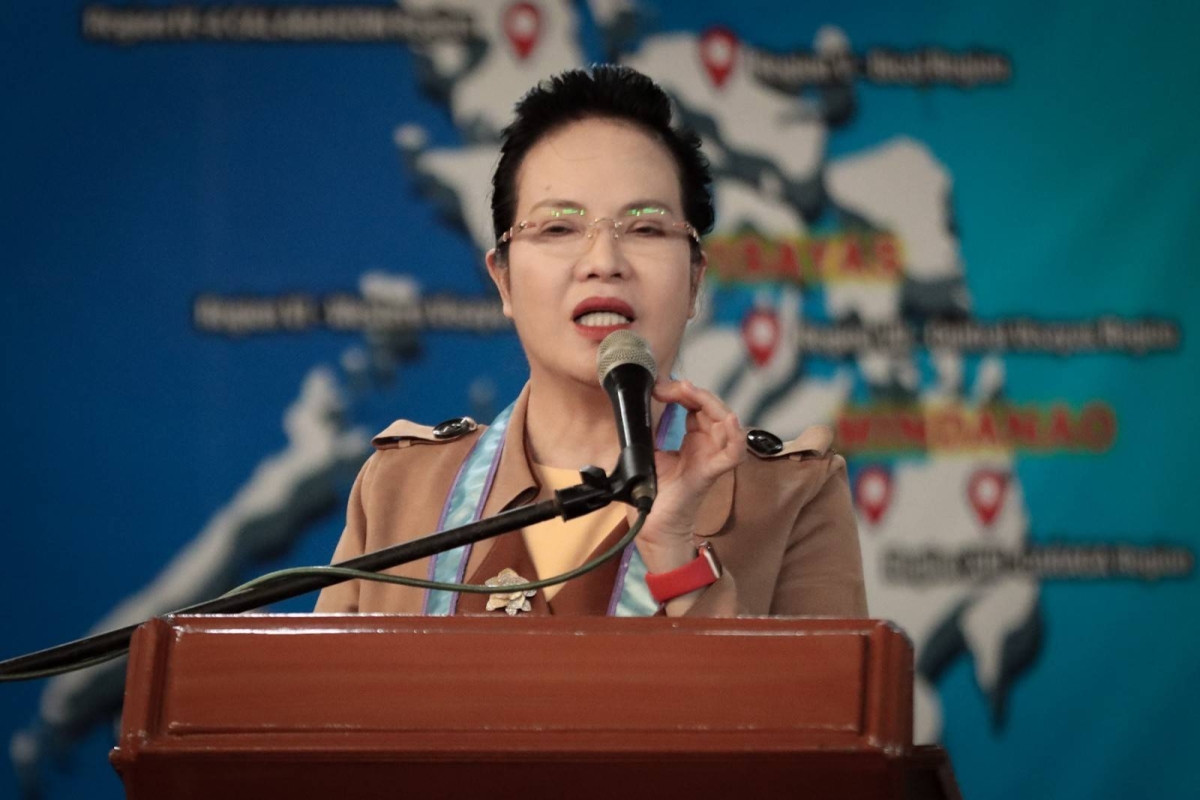The Philippine Commission for the Urban Poor (PCUP) and the Public Attorney’s Office (PAO) Join Forces to Provide Free Legal Services
The Philippine Commission for the Urban Poor (PCUP) has recently reached out to the Public Attorney’s Office (PAO) to extend free legal services to informal settler families who are facing demolition cases. This collaboration aims to ensure that indigent Filipinos have access to legal representation and can seek justice in their housing-related disputes.
PCUP: Bridging the Gap between the Urban Poor and the National Government
PCUP Commissioner Andre Niccolo Tayag, the supervising head for Luzon, visited PAO’s central office in Quezon City last week to initiate a memorandum of agreement formalizing the partnership between the two organizations. The PCUP serves as a vital link between the urban poor and the national government, catering to their needs for housing and livelihood.
According to Tayag, the partnership between PCUP and PAO will provide an avenue for poor kababayans (fellowmen) who cannot afford private lawyers to access the services of public attorneys. This collaboration ensures that the urban poor have legal representation to help them navigate the complexities of their cases and seek justice.
Ensuring Just and Humane Demolitions and Evictions
The primary mandate of PCUP is to ensure that the demolition of homes belonging to informal settlers or their eviction is carried out in a just and humane manner. By partnering with PAO, PCUP aims to provide legal support to those affected by such actions, safeguarding their rights and ensuring fair treatment throughout the process.
PAO’s Commitment to Protecting the Urban Poor
PAO Chief Persida Rueda-Acosta expressed her agency’s long-standing coordination with PCUP and emphasized the potential for this fresh cooperation to benefit more urban poor individuals in need of legal services. Rueda-Acosta assured Tayag of PAO’s full support for PCUP’s advocacies in protecting the rights of the urban poor.
As the collaboration unfolds, PCUP and PAO have agreed to begin identifying legitimate urban poor organizations. Additionally, Tayag welcomed Rueda-Acosta’s offer for capacity-building and paralegal training, which will be facilitated by PAO. This training will equip individuals within these organizations with the necessary knowledge and skills to better advocate for the rights of the urban poor.
Contextualizing the Collaboration for an International Audience
To provide a better understanding of the collaboration between PCUP and PAO, it is important to contextualize it within the local laws and customs of the Philippines. In many developing countries, including the Philippines, informal settlers often face challenges in securing proper housing and legal protection. These communities, often living in makeshift dwellings, are vulnerable to forced evictions and demolitions.
The PCUP was established to address these issues and serve as a bridge between the urban poor and the national government. By partnering with PAO, the PCUP can ensure that indigent Filipinos have access to legal representation, regardless of their financial means. This collaboration aims to level the playing field and provide equal opportunities for the urban poor to seek justice and protect their rights.
The PAO, on the other hand, is a government agency tasked with providing free legal services to indigent clients. Their involvement in this partnership demonstrates their commitment to supporting PCUP’s advocacies and protecting the rights of the urban poor. Through this collaboration, more individuals from marginalized communities will have access to legal assistance, empowering them to assert their rights and seek redress for any injustices they may face.
Looking Ahead: The Impact of the PCUP-PAO Partnership
The partnership between PCUP and PAO holds great promise for the urban poor in the Philippines. By combining their resources and expertise, these organizations can effectively address the legal needs of informal settler families facing demolition cases. The provision of free legal services will enable the urban poor to navigate the legal system with confidence and ensure that their voices are heard.
Moreover, the collaboration between PCUP and PAO extends beyond legal representation. The capacity-building and paralegal training offered by PAO will empower individuals within urban poor organizations to become advocates for change within their communities. By equipping them with the necessary knowledge and skills, these individuals can actively participate in the protection of their rights and contribute to the overall development of their communities.
In conclusion, the partnership between PCUP and PAO represents a significant step towards ensuring the protection of the urban poor in the Philippines. By providing free legal services and support, these organizations aim to bridge the gap between the urban poor and the national government, ensuring that no one is left behind in the pursuit of justice and equitable living conditions. Through this collaboration, the voices of the urban poor will be amplified, and their rights will be safeguarded, ultimately leading to a more inclusive and just society.
Source: The Manila Times








